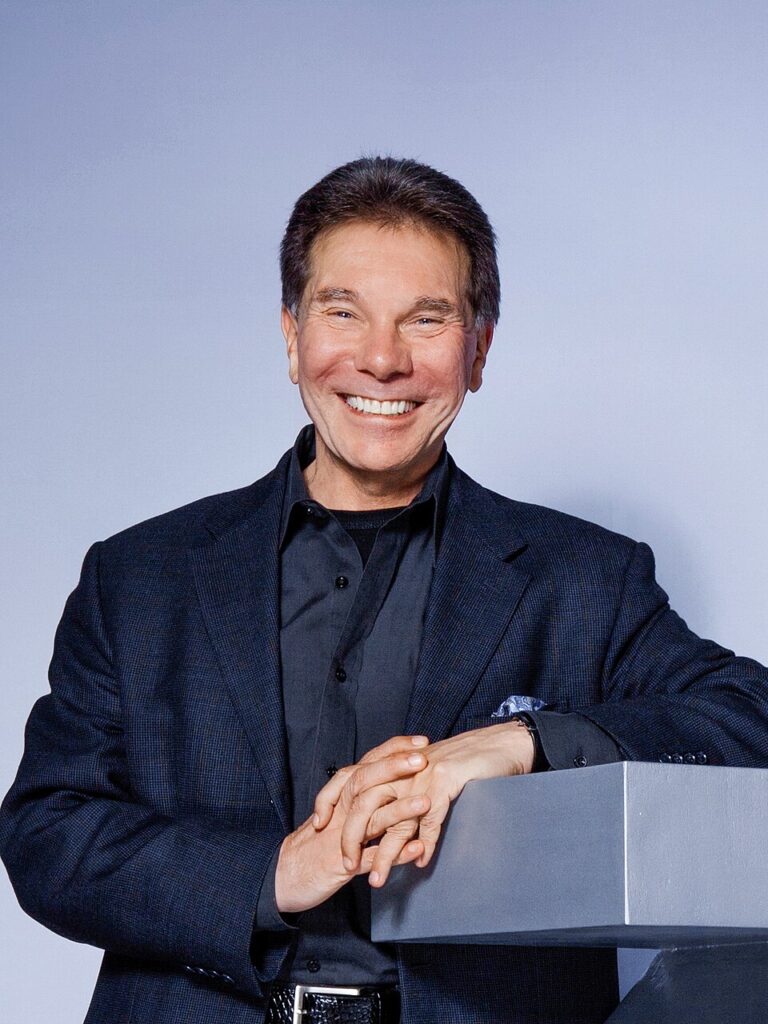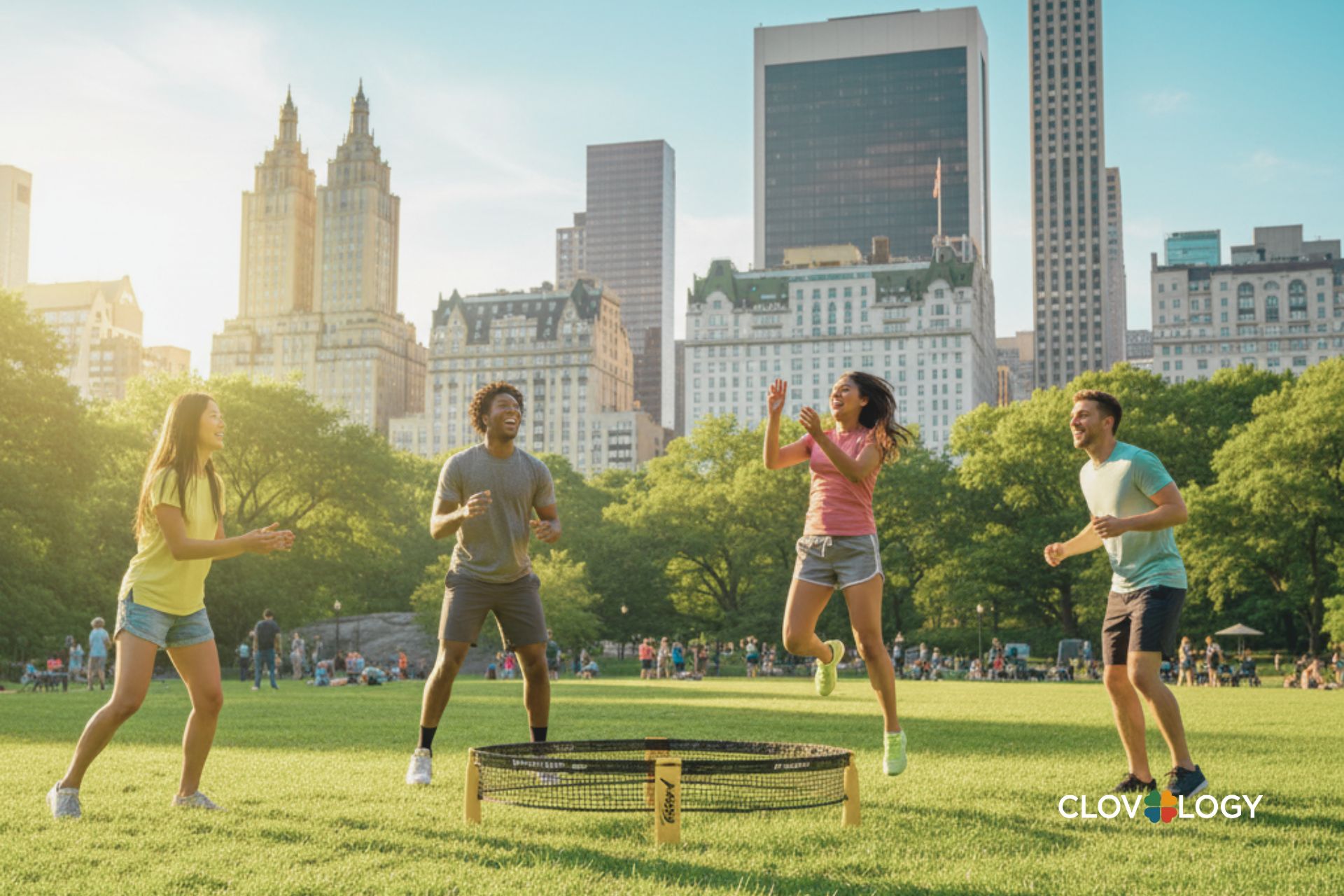Have you ever walked into a crowded café and instantly felt it must be good because everyone’s there? Or trusted a friend’s dating advice over your gut because “they know better”? That’s herd mentality at work—a powerful instinct driving how we connect with others. In this Cloverlogy Relationships column, we’ll uncover how to use herd mentality to build stronger relationships without manipulation. By understanding this psychological force, you can transform friendships, romances, and professional networks into authentic, lasting bonds. Forget following the crowd blindly; let’s learn to harness social proof to create connections that truly matter. Ready to dive in?
We’ve all felt the pull of the crowd at some point—whether it’s picking a partner based on what’s “popular” or joining a group to avoid standing out. Herd mentality shapes our choices, often without us noticing. But here’s the catch: it can lead to shallow relationships if left unchecked. The good news? You can use herd mentality to build stronger relationships by leveraging the power of social proof. Think of it as a tool to amplify trust and connection, not a trick to deceive. This article will show you how to do it ethically and effectively.
Why does this matter? Because relationships thrive on trust, and herd mentality influences how trust is built. When others vouch for you or your actions gain collective approval, people are more likely to connect with you. From getting a glowing introduction to sparking a ripple effect with testimonials, using herd mentality strategically can make your relationships deeper and more resilient. Let’s explore how to use herd mentality to build stronger relationships, starting with why we follow the crowd in the first place.
The Problem: People Fear Standing Out and Follow the Crowd
Picture yourself at a party where everyone’s laughing at a joke you don’t find funny. Do you join in? Chances are, you do—because humans are wired to avoid standing out. Herd mentality stems from a survival instinct: sticking with the group feels safe. In relationships, this shows up when we choose friends, partners, or opinions based on what “everyone else” is doing.
For instance, in romance, you might overlook a great person because your friends say, “He’s not the usual type.” In friendships, you might join a group just to fit in, even if their values don’t align with yours. The problem? This herd mindset can strip away your independence, making relationships shallow instead of meaningful.
Social psychology backs this up. Studies like Solomon Asch’s conformity experiments show that over 75% of people will pick a wrong answer if the majority does. In real life, this explains why we fall for rumors or follow relationship trends without critical thinking.
Dig deeper: Life runs on relationships: Why going it alone is an illusion
The Consequence: Trust Based on Numbers, Not Quality
When herd mentality takes over, we often judge trustworthiness by how many people agree, not by the actual substance. The result? You end up passive, always trailing behind in your relationships.
Think about social media: a post about dating tips with thousands of likes feels like gospel, even if it’s flawed. In personal relationships, this can mean missing out on genuine connections. For example, you might dismiss a potential partner because “everyone” says long-distance relationships don’t work, based on collective opinion, not your own experience.
This passivity creates a vicious cycle: you wait for others’ approval before acting, which erodes confidence and leads to unbalanced relationships. According to psychologist Robert Cialdini, author of Influence, this dynamic makes us vulnerable to manipulation, which in relationships can fuel jealousy, conflict, or even breakups due to a lack of authenticity.

Solution 1: Let Others Speak for You—The Power of Credible Endorsements
Instead of promoting yourself, let someone else do it. A recommendation from a trusted person carries far more weight than self-praise. Why? Herd mentality makes people trust third-party opinions as social proof.
In romance, imagine a mutual friend saying, “She’s one of the best people I know.” That endorsement hits harder than listing your own qualities. In friendships or work, a compliment from a former boss can open doors you couldn’t on your own.
How to apply it: Build relationships with positive, influential people. When the time comes, subtly ask them to introduce or vouch for you in social settings. The result? You shift from being passive to naturally commanding attention, fostering trust and deeper connections.
Solution 2: Create a Ripple Effect—Use Gratitude, Reviews, and Testimonials
To harness herd mentality, spark a ripple effect by sharing validation from others. Use thank-yous, reviews, or video testimonials to show you’re already recognized.
For example, in family relationships, if you host a gathering and get compliments, share them in a group chat: “Thanks for coming, Aunt Jane said the food was amazing!” This encourages others to join next time, creating a positive loop. In romance, a short video of friends praising your character can sway a potential partner more than your own words. On social media, posting feedback from friends about a shared activity draws more people in, expanding your circle.
Practical tip: Start small by collecting feedback after events and use it to build “social proof.” Per Cialdini’s principles of scarcity and social proof, this boosts your credibility and makes your relationships more magnetic, positioning you as a leader rather than a follower.

Turn Herd Mentality Into Your Ally in Relationships
Herd mentality isn’t the enemy, it’s a powerful tool if you know how to wield it. By recognizing the problem, fear of standing out and the passivity it breeds, you can apply solutions like letting others advocate for you and creating a ripple effect to forge stronger bonds. The goal is authentic connection, not control.
Start today: Pick one relationship you want to improve and try one of these strategies. You’ll be amazed at the results. At Cloverlogy, we believe understanding human psychology is the key to a fulfilling life. Share your thoughts in the comments below—who knows, you might just start your own ripple effect!
Dig deeper: The essence of every relationship is value exchange












